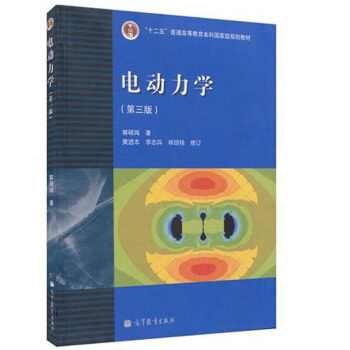

具体描述
内容简介
《新能源汽车专业英语/“十三五”职业教育规划教材》全面、系统地解析了新能源汽车电池、电机、电控“三大电”技术内容,从新能源汽车专业英语的角度介绍了新能源汽车发展的历程以及新能源汽车整车技术演变历史、新能源汽车发展概况、电池技术规格和参数、电机以及其控制器等内容。《新能源汽车专业英语/“十三五”职业教育规划教材》层次分明、内容新颖、条理清晰,使用了较多的案例,通俗易懂,实用性强。
《新能源汽车专业英语/“十三五”职业教育规划教材》可提供给新能源汽车行业的工程技术人员以及车辆工程、汽车类相关专业技术人员学习专业英语,可作为高职院校汽车类专业教材,或可作为高校新能源汽车技术双语课程教材,也可提供给新能源汽车爱好者学习之用。
内页插图
目录
Learning Situation One A Brief HistorySection 1.1 Early days
Section 1.2 Developments Towards the End of the 20th Century
Learning Situation Two Electric Vehicle in Use Today
Section 2.1 Battery electric vehicles
Section 2.2 The IC engine/electric hybrid vehicle
Section 2.3 Fuelled electric vehicles
Learning Situation Three Batteries
Section 3.1 Cell and battery voltages
Section 3.2 Charge (or Amphour) capacity
Section 3.3 Energy stored
Section 3.4 Specific energy and Energy density
Section 3.5 Specific power
Section 3.6 Amphour (or charge) efficiency and Energy efficiency
Section 3.7 Self-discharge rates
Section 3.8 Battery geometry
Section 3.9 Lead Acid Batteries
Section 3.10 Battery life and maintenance
Learning Situation Four Electric Machines and their Controllers
Section 4.1 The 'Brushed' DC Electric Motor
4.1.1 Operation of the basic DC motor
4.1.2 Torque speed characteristics
4.1.3 Controlling the brushed DC motor
4.1.4 Providing the magnetic field for DC motors
4.1.5 DC motor efficiency
4.1.6 Motor losses and motor size
4.1.7 Electric motors as brakes
Section 4.2 DC Regulation and Voltage Conversion
4.2.1 Switching devices
4.2.2 Step - down or ‘buck’ regulators
4.2.3 Step - up or ‘boost’switching regulator
4.2.4 Single - phase inverters
4.2.5 Three - phase
Section 4.3 Brushless Electric Motors
4.3.1 Introduction
4.3.2 The brushless DC motor
4.3.3 Switched reluctance motors
4.3.4 The induction motor
Section 4.4 Motor Cooling, Efficiency, Size and Mass
4.4.1 Improving motor efficiency
4.4.2 Motor mass
Section 4.5 Electrical Machines for Hybrid Vehicles
Learning Situation Five Electric Vehicles and the Environment
Section 5.1 Vehicle pollution : the Effects
Section 5.2 Vehicle pollution : a Quantitative Analysis
Section 5.3 Vehicle Pollution in Context
Section 5.4 Alternative and Sustainable Energy Used via the Grid
5.4.1 Solar energy
5.4.2 Wind energy
5.4.3 Hydro energy
5.4.4 Tidal energy
5.4.5 Biomass energy
Section 5.5 Using Sustainable Energy with Fuelled Vehicles
Section 5.6 The Role of Regulations and Law Makers
Learning Situation Six Safety Considerations
Section 6.1 Electric system safety
Section 6.2 Maintenance Safety
Learning Situation Seven Case Study
Section 7.1 Rechargeable Battery Vehicles
7.1.1 Tesla Model S
7.1.2 Nissan Leaf
Section 7.2 Hybrid Vehicles
7.2.1 Honda Insight
7.2.2 Toyota Prius
Appendix Curiosity Rover on Mars
Abbreviation
Reference
前言/序言
目前,随着环境污染、石油资源不可再生等问题日趋严重,环境污染和能源局限已成了世界范围内的以内燃机为动力的燃油汽车所面临的两大难题。2015年2月,科技部发布《国家重点研发计划新能源汽车重点专项实施方案(征求意见稿)》,旨在落实《节能与新能源汽车产业发展规划(2012-2020年)》,并强调实施新能源汽车“纯电驱动”技术转型战略,完善电动汽车“三纵三横”技术体系和新能源汽车研发体系等内容。发展新能源汽车包括混合动力汽车(H=EV)、纯电动汽车(PEV)以及燃料电池汽车(FCEV)是实现我国能源安全和环境保护以及中国汽车工业健康可持续发展的必然趋势。纯电动汽车以车载二次电源作为储能方式,以电动机为动力装置驱动车辆行驶,相比混合动力汽车而言,具有零排放、低噪声且结构简单等特点,而相比燃料电池则在当前更具产业化的基础,因此而受到了世界各国政府及汽车企业的广泛关注。本书从新能源汽车专业英语的角度出发,将新能源汽车技术内容划分为电池、电机、电控三部分核心技术,另外增加新能源汽车发展历史、现状,以及相关的国外产业政策等内容。本书编写过程中,结合目前很多国外新能源汽车技术,将其系统化后,结合国内新能源汽车专业培养学生需要,以及行业、企业岗位需求,以项目化教学为主线,设计本书的内容。
全书由衢州职业技术学院方晓汾老师编著,项目一、项目二、项目三由东北石油大学张勇老师和惠州经济职业技术学院钟文浩老师审稿,项目四、项目五由河北工业大学武春龙老师审稿,项目六、项目七由江苏安全技术职业学院温俊芳老师审稿,南京理工大学方斌教授主审。
感谢共同参与工作的衢州求是科技联合会各位同仁,感谢浙江大学朱绍鹏副教授、美国ASE(Automotive Service Excellence)高级技师Paul Polzer提出的宝贵修改意见。感谢校级课改项目(NO.KGXM201609)支持。
本书在编写过程中,引用了纯电动汽车标准、网络资源以及图片,特向其作者表示感谢。
由于时间仓促,水平有限,书中难免存在疏漏或不妥之处,欢迎读者随时提出批评。有不清楚的地方希望读者尽快与我们联系。
用户评价
作为一名新能源汽车行业的爱好者,我对这个领域的前沿技术和未来发展充满了好奇。虽然我不是专业的学生或工程师,但我一直希望能够通过更专业、更系统的方式来了解新能源汽车的方方面面。 《新能源汽车专业英语》这本书,从名字上就吸引了我,因为它提供了一个用英语视角来深入了解这个行业的可能性。我尤其关注那些能够帮助我理解行业“为什么”和“怎么样”的章节。比如,我希望书中能够清晰地解释“燃料电池技术”的工作原理,以及与传统燃油发动机相比的优势和挑战;我也对“新能源汽车的能源效率与可持续性”这一话题非常感兴趣,想了解英文文献中是如何讨论这些问题的,有哪些关键的指标和评估方法。我期待书中不仅仅是提供枯燥的词汇表,而是能通过一些科普性的文章,或者图文并茂的解释,让我这个非专业人士也能理解其中的奥秘。我希望这本书能够提供一些关于行业未来发展趋势的英文讨论,比如“下一代电池技术”的展望,或者“智能交通系统”在新能源汽车领域的应用前景。如果书中还能包含一些关于“新能源汽车的社会影响与环保效益”的讨论,从更宏观的角度帮助我理解这个行业的重要性,那就更好了。这本书对我来说,是一扇了解新能源汽车“硬核”知识的窗口。
评分我是一名在新能源汽车领域工作的工程师,日常工作中需要大量阅读英文技术文档,处理来自海外客户的邮件,有时还需要参与跨国技术会议。因此,一本高质量的专业英语教材对我来说至关重要。拿到这本《新能源汽车专业英语》后,我翻阅了其中的几个章节,尤其是关于“自动驾驶技术与传感器融合”和“智能网联汽车的通信协议”等内容。从我的角度来看,这本书的选材非常贴合当前行业发展的热点和难点。书中对复杂技术概念的解释,以及相关的专业词汇和表达方式,都显得相当扎实。我注意到书中给出了许多具体的技术术语,并配以简洁明了的释义,这对于快速理解一篇技术文献非常有帮助。例如,关于“Lidar”、“Radar”以及各种“CAN bus”、“Ethernet”协议的介绍,都让我感到内容充实且具有实用性。我特别欣赏书中可能存在的“英文原文阅读材料”部分,如果其中包含了行业内权威期刊的文章节选或者专利文献的摘要,那将极大地提升学习的效率和深度。此外,我期望书中在语言层面能够兼顾学术的严谨性和工程应用的语境,提供一些实用的句型和表达,比如如何在技术报告中准确描述一个技术方案,或者在与外国同事沟通时如何清晰地提出问题和建议。总而言之,这本书在我看来,是一份值得深入研读的专业英语学习资源,能够有效帮助我应对工作中的挑战,提升我的专业素养。
评分我是一名在新能源汽车产业链中从事市场营销和商务拓展工作的专业人士。在我看来,新能源汽车行业是一个全球化程度非常高的领域,不同国家和地区的政策、市场需求、技术发展方向都存在差异,而英语作为国际通用语言,在信息获取、商务谈判、品牌推广等方面扮演着至关重要的角色。因此,我一直渴望有一本能够帮助我理解行业国际化动态、学习商务沟通技巧的专业英语教材。《新能源汽车专业英语》这本书,从书名和整体架构来看,似乎正是我的理想选择。我非常感兴趣书中关于“全球新能源汽车市场分析与预测”以及“跨国企业战略与合作模式”等章节。我期待这本书能够提供丰富的关于全球主要汽车市场(如欧美、日韩、中国)的英文资料,包括市场报告、行业分析、竞争对手动态等,帮助我更好地理解不同区域的市场特点和发展趋势。同时,我也希望书中能够包含一些实用的商务沟通英语,比如如何撰写专业的商务邮件、如何进行跨文化商务谈判、如何进行产品推介和品牌宣传的英文表达等。如果书中能够提供一些成功的跨国合作案例的英文分析,或者关于国际贸易术语和法规的介绍,那将对我日常的工作大有裨益。总的来说,我期望这本书能够成为我连接国际市场、拓展商务合作的得力助手,让我在复杂的全球市场环境中游刃有余。
评分初次接触这本《新能源汽车专业英语》,我内心是抱着一种既期待又略带忐忑的心情。作为一名即将踏入新能源汽车行业的学生,英语能力无疑是连接我与国际前沿技术、学术论文以及跨国交流的重要桥梁。翻开书,厚重的纸张和清晰的排版首先给我留下了好印象。目录部分非常详尽,涵盖了从行业概览、核心技术(如电池管理系统、电机驱动、充电桩技术等)、车辆架构、安全标准,到市场分析、政策法规以及一些典型的应用场景,内容编排得相当有条理,似乎为我构建了一个相对完整的知识框架。我尤其关注其中关于“电池化学组成及性能优化”的部分,这直接关系到电动汽车的续航里程和使用寿命,是我学习的重中之重。我期待书中能够提供大量与此相关的专业词汇、短语,以及不同类型的阅读材料,比如技术手册节选、研究报告摘要、行业新闻报道等。同时,我也希望这本书不仅仅停留在词汇和句式的堆砌,而是能深入浅出地讲解这些专业术语在实际语境中的应用,通过案例分析、对话模拟等方式,帮助我提升实际的听、说、读、写能力,让我在未来的学习和工作中能够自信地运用英语进行交流,理解和掌握最新的技术动态。这本书的出现,仿佛为我打开了一扇通往新能源汽车专业知识殿堂的窗户,我迫不及待地想通过它来拓宽我的专业视野。
评分我是一名技工学校的学生,主修新能源汽车维修专业。在日常的学习中,我经常会遇到一些从国外引进的维修手册、技术说明,或者是网上看到的国外技术论坛上的讨论,这些都让我感到英语的重要性。 《新能源汽车专业英语》这本书,听起来就像是为我们这类一线操作人员量身定做的。我最关心的是书中关于“新能源汽车常见故障诊断与排除”以及“电动汽车高压安全操作规程”的内容。我期待书中能够提供大量与实际维修操作相关的英文词汇和短语,比如各种部件的名称(如“inverter”、“DC-DC converter”、“battery pack”等),以及在诊断过程中可能会用到的英文句子,例如“The error code indicates a problem with the thermal management system.”或者“Please ensure the high-voltage system is completely discharged before proceeding.”我特别希望书中能够包含一些图解,用英文标注出汽车的各个部位,并配以维修步骤的英文说明,这样我就可以在实际操作中对照学习,提高效率。另外,对于“高压安全”这一重要环节,我希望能有详尽的英文讲解,包括相关的安全警示语、操作流程和应急处理措施,确保我在工作中能够严格遵守国际安全标准。这本书如果能提供一些模拟的维修场景和对话,帮助我熟悉在与外国同行交流时如何描述问题和寻求帮助,那将是我学习路上的巨大助力。
相关图书
本站所有内容均为互联网搜索引擎提供的公开搜索信息,本站不存储任何数据与内容,任何内容与数据均与本站无关,如有需要请联系相关搜索引擎包括但不限于百度,google,bing,sogou 等,本站所有链接都为正版商品购买链接。
© 2026 windowsfront.com All Rights Reserved. 静流书站 版权所有

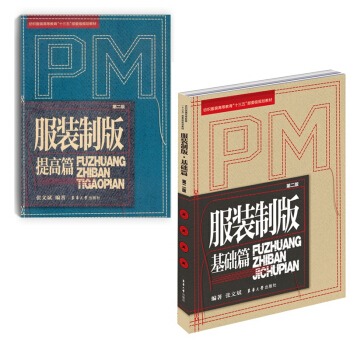
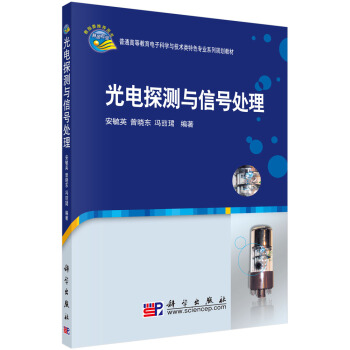
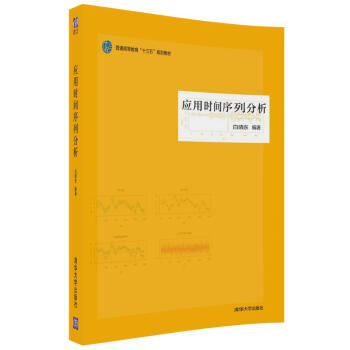
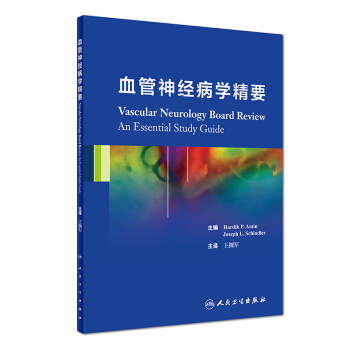
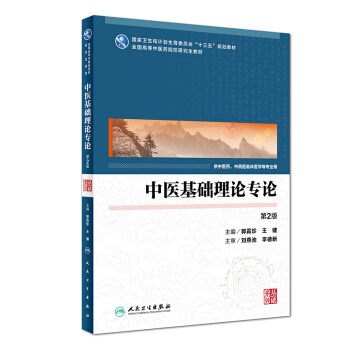

![医学大数据应用概论/普通高等教育“十三五”规划教材 [Introduction to Medical Big Data] pdf epub mobi 电子书 下载](https://pic.windowsfront.com/12312678/5a9fbf6fNccb8444a.jpg)
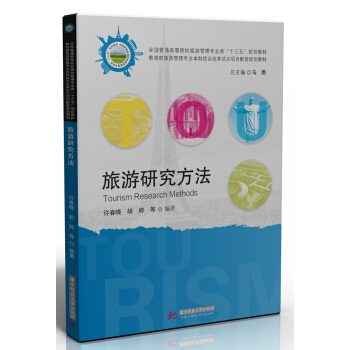
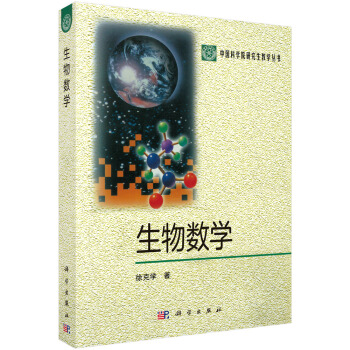
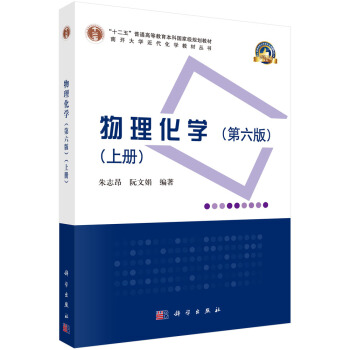
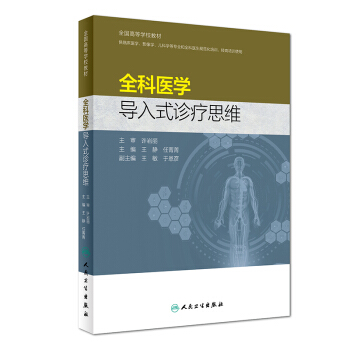
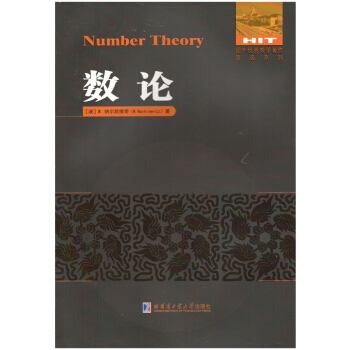
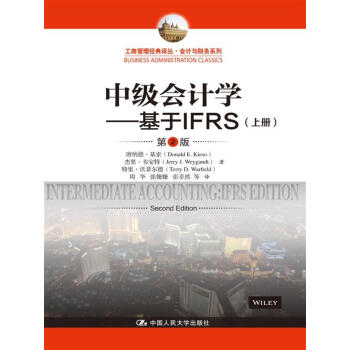
![物流配送中心规划与设计(第3版)/西安交通大学本科“十三五”规划教材 [Planning and design of logistics distribution center (third edition)] pdf epub mobi 电子书 下载](https://pic.windowsfront.com/12345076/5afb90c3N0efec13d.jpg)
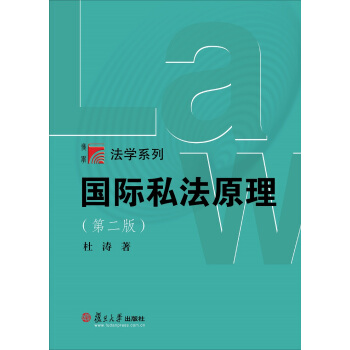
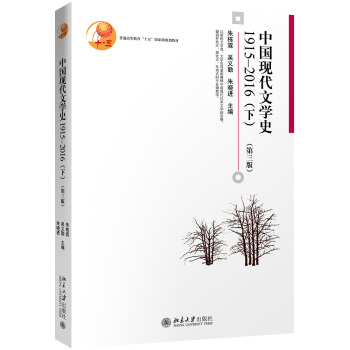
![管理信息系统(第二版) [Management Infornation System] pdf epub mobi 电子书 下载](https://pic.windowsfront.com/12361863/5b30cdc5N33fd5a9e.jpg)

